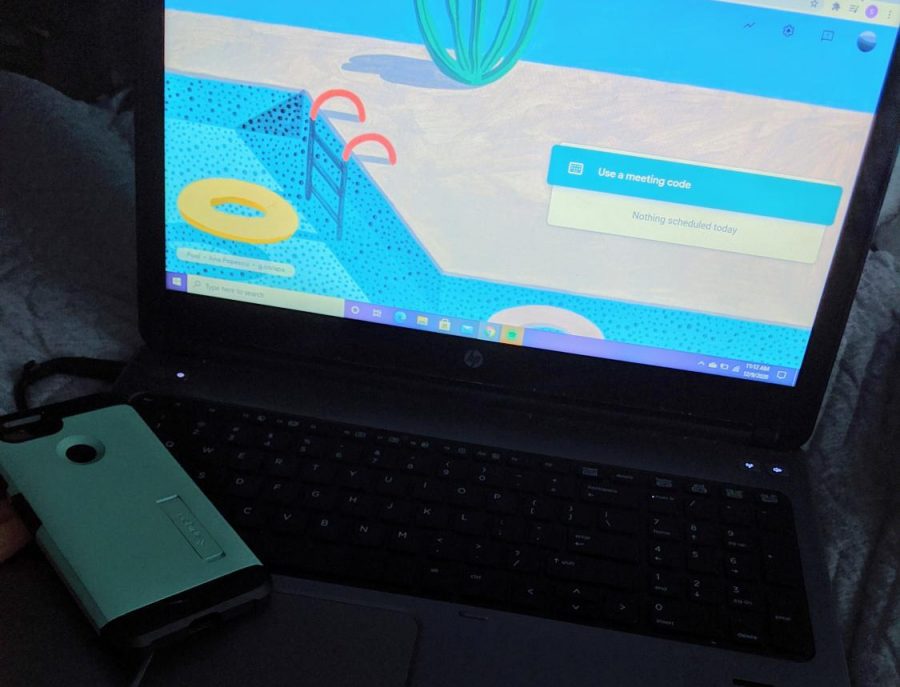How To Not Procrastinate
It’s time to get on top of you work
Procrastination is a result of anxiety, however there are multiple ways to avoid procrastination.
December 18, 2020
Right now, it’s really easy to procrastinate—almost everything is online so you just assume that you have enough time. You keep pushing it off because you have to finish just one more episode, or because you have to clean your room before you start working. The next thing you know, your assignment is late.
Procrastinating can not only affect grades but can also negatively affect your mental health. Everyone learns at a different rate, and the same goes for procrastination. Some people don’t procrastinate at all, and may even turn everything in early. However, most students aren’t able to be as productive nowadays due to online learning. Here are multiple ways to help you not procrastinate:
- Organize. Organization is key for a healthier working environment. Take a day to organize your work. I find it helpful to make separate folders in Google Drive for all of my classes and keep my assignments in there, so that all of my stuff stays together. If you want to go a step further, make a subfolder inside the class folder for different chapters and projects. However, don’t just organize your work— clean and organize your workspace/room. Having a clean working environment helps you focus.
- Create a schedule. Create a schedule to remember what you’d otherwise forget. You can get some dry erase markers to write on a mirror in your room, so that when you get up you’ll see the lettering on your mirror as a reminder. Mark important dates on your calendar on your phone so it’ll set alarms as a reminder. Also, if you’d rather do something simple, you can just set alarms with a note that calls attention to the work that needs to be done. Setting alarms for when class starts is also a great way to keep track of time and make sure you’re not late.
- Silence distractions. It’s no secret that people are addicted to their phones. We have this need to keep our phone close at all times, but that will distract you further. When you start working, try turning your sound off and setting the device on a nightstand or desk face down. It will also help to turn off notifications for apps that distract you, because even the vibration of your phone’s notifications can be tempting. Also, if you work better with music, play something on your phone like a playlist you enjoy so that you won’t skip.
Procrastination is driven by anxiety. When anxiety gets overwhelming, we feel the need to escape it, so we push everything off, resulting in procrastination. However, procrastination isn’t a good way to deal with anxiety, because, in the end, you’ll be behind and get overwhelming stress, which can lead to more severe anxiety and to other major mental health issues. Procrastinating just creates a never-ending cycle of poor mental health. So just take a deep breath, organize, and create a mentally healthy schedule and atmosphere.













